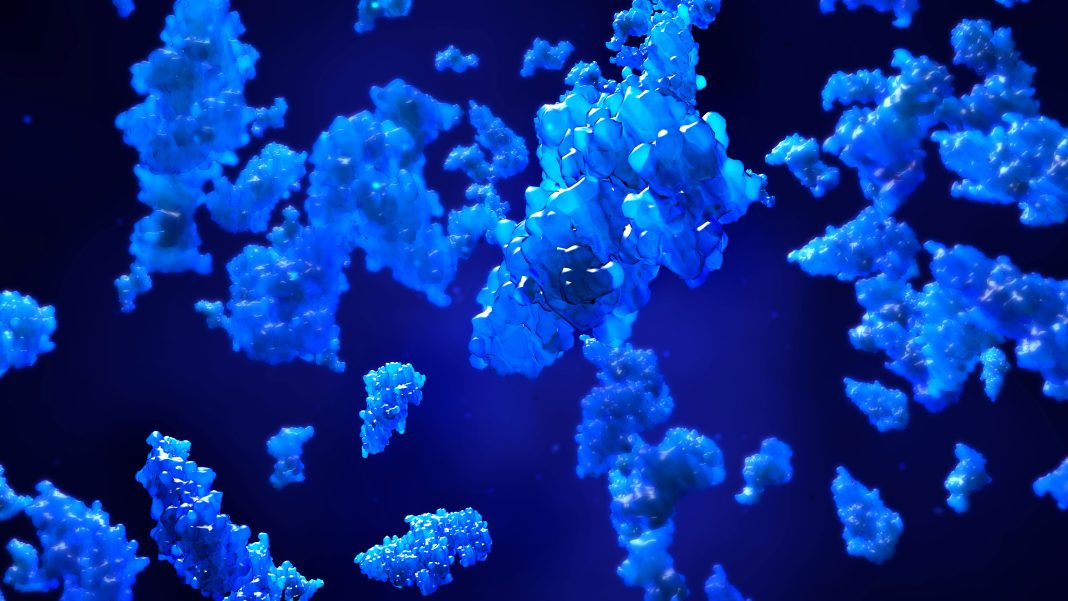Biotherapeutics, particularly large molecule drugs, are predominantly produced in mammalian host cells. The purification process involves separating these therapeutic agents from a complex mixture of growth media and cellular materials. Recent advancements in monitoring residual host cell impurities (HCPs) and host cell DNA (hcDNA) are crucial for ensuring product safety and efficacy. Failure to effectively manage these impurities could lead to unwanted immune responses, toxicity, or interference with the therapeutic’s biological activity.
Challenges persist in the detection and elimination of HCPs, especially those present in low abundance. Widely used analytical techniques such as ELISA (enzyme-linked immunosorbent assay) and LC-MS (liquid chromatography-mass spectrometry) often struggle in this regard. Additionally, the absence of comprehensive HCP sequence databases limits the efficacy of identification methods. The removal of hcDNA also poses significant hurdles, as chromatin can bind to protein A resin during purification, impacting the overall yield of the therapeutic product.
During a session at the BioProcess International Conference held in Boston, Anis Khimani, PhD and senior strategy leader at Revvity, outlined innovative solutions for addressing these challenges. “We offer a suite of RUO (Research Use Only) platforms to detect both hcDNA and HCPs for multiple host cell types commonly used in therapeutic protein and antibody production, as well as applications in cell and gene therapy,” Khimani stated.
Innovative Approaches to Detect Host Cell DNA
The HostDetect PCR DNA Quant Kits provide a qPCR-based solution for the independent detection of genomic DNA across three host cell types: CHO, HEK293, and E. coli. These assays boast a wide dynamic range, minimizing the necessity for multiple dilutions while ensuring precision that aligns with ICH (International Council for Harmonisation) guidelines.
Khimani elaborated on the flexibility of the HostDetect DNA assay setup, which allows for varying sample input volumes and scalability for up to 192 reactions per kit. The speed of the assays facilitates real-time monitoring using PCR thermal cyclers, moving beyond traditional end-point testing. Furthermore, the built-in internal control ensures compliance with GMP (Good Manufacturing Practice) testing standards by monitoring sample preparation, PCR inhibition, reagent performance, and instrument functionality.
Streamlining Host Cell Protein Monitoring
For the detection and monitoring of HCPs, Revvity has developed no-wash immunoassay kits leveraging bead-based and TR-FRET (time-resolved fluorescence resonance energy transfer) technologies, specifically designed for CHO and HEK293 host cells. The AlphaLISA and HTRF protein assays enable same-day in-process monitoring, offering a range of antibody assays that can detect between 96% and 99.8% of HCPs.
These assays significantly reduce the time required for hands-on work and overall assay duration, providing results in less than three hours. By streamlining the process while maintaining high reproducibility, the AlphaLISA and HTRF protein assays are tailored to specific host cell types. The platforms are designed for automation and real-time monitoring, supporting high-throughput workflows to ensure the purity of the final therapeutic product.
As the biopharmaceutical industry continues to evolve, the introduction of these innovative monitoring solutions marks a significant step forward in the quest for efficient and effective biotherapeutic production. The advancements discussed by Khimani at the BioProcess International Conference highlight the ongoing commitment to enhancing safety and efficacy in biotherapeutics through improved impurity monitoring techniques.
